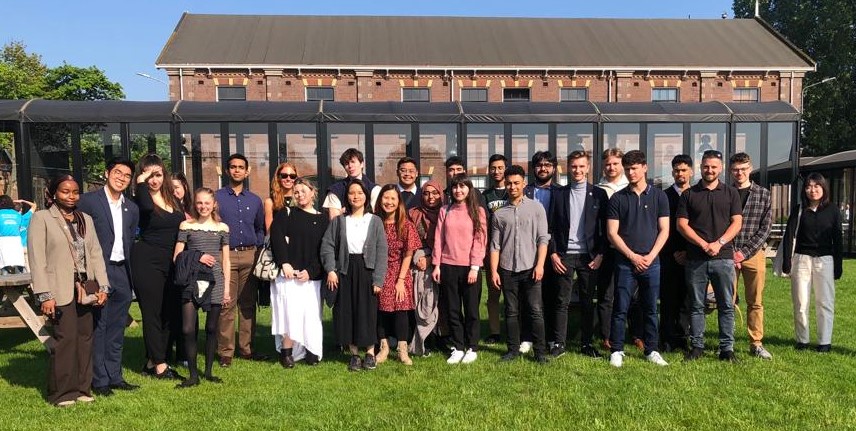Case Study – The Sheffield Impact Programme
The Sheffield Impact Programme ran as a pilot activity between Monday 6th June and Friday 1st July 2022. Activities were targeted at students who meet Equal Opportunities (Widening Participation) criteria, although the activities were open to all students. The first week of the programme consisted of Knowledge exchange workshops to prepare students to make the most of their work experience. Students then completed a virtual work experience through a variety of different platforms. Several optional activities were also offered through the programme, for example, an introductory session, programme debrief and a face-to-face networking session.














